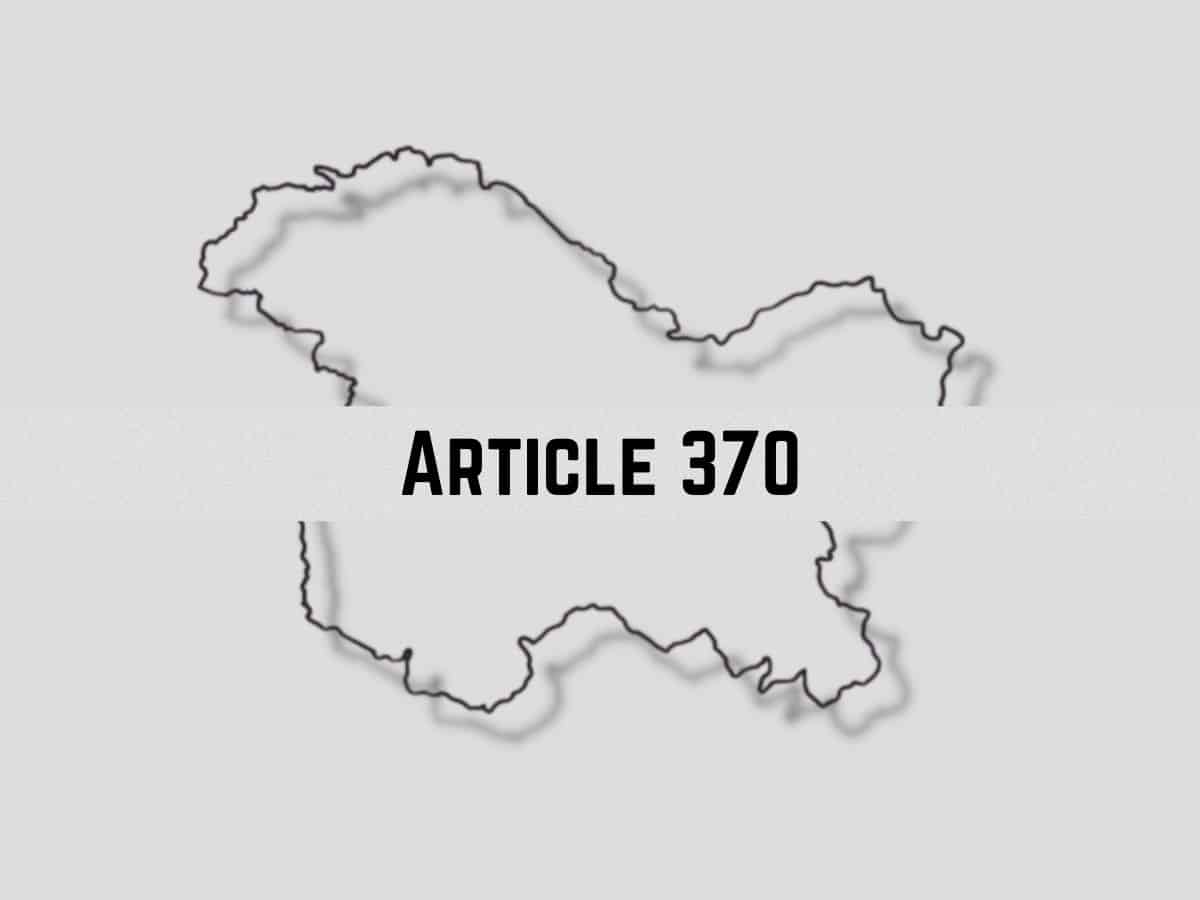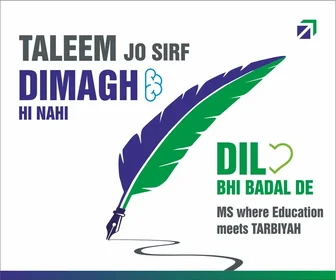
The process of Assembly elections in Jammu and Kashmir clocked its last milestone when a democratically elected government led by National Conference leader Omar Abdullah took the oath of office and secrecy on Wednesday forenoon. There are plenty of experts and leaders who have listed a series of challenges before the new government, and they wanted to know how would he fulfill his promise of keeping alive the issue of the restoration of Article 370. They have reminded him of his election-time speeches and what all is contained in the National Conference’s manifesto that pledged “We strive to restore Article 370 -35 A, and statehood as prior to August 5, 2019“.
At the time of the drafting of the manifesto, NC must have looked at this goalpost to present as a real voice and warrior for the constitutional rights enshrined in the Delhi Agreement of 1952 to stand on a politically and morally ground higher than others, and also as an election winning strategy. It is also assumed that it must have calculated all the risks and awards that would come with such declarations.
What the National Conference said in its manifesto is part of the history and based on historical events and facts. These were a direct result of the negotiations and various accords that the Government of India and the leadership of Jammu and Kashmir entered into after a prolonged spell of negotiations. The negotiations were based on the circumstances – Pakistan had invaded the princely state of J&K, and Maharaja Hari Singh was in need of military help to repulse the invaders , and for that he signed instrument of accession that established the relationship between Delhi and Srinagar , which in 2019 made the Government at the Centre to do away with the special position of J&K state. The Centre, in the light of the situation in J&K that time also divided the state into two union territories, which of course was never a part of BJP’s agenda on Kashmir.
After more than five years, J&K had Assembly elections and as an outcome, a duly elected government has taken over. The period between August 2019 and till the time the elected Government took over needs a fair analysis. This period has played out in different forms and manifestations- there was initial anger in the valley over doing away with the constitutionally granted special status and the privileges that came with it, particularly with regard to absolute rights on land and jobs. There were few sections- Buddhists of Ladakh and Jammu Hindus who always felt that the Kashmir-centric governments , taking advantage of the special status , exploited and marginalized them in their say in political decision making .That was true to some extent. But their belief was that under the special status and with powers concentrated in Kashmir leadership, their idea of India was under threat. They thought and believed that only India can save them, here is the definition of India related to the Centre.
The Centre, however, conscious of the sensitivities of Kashmir issue, and its positioning in the international community due to the UN resolutions that came after the first Prime Minister Jawaharlal Nehru took the issue of Pakistan invasion to the United Nations, kept on pampering Kashmiri leadership , and it took Ladakh and Jammu for granted.
Now when the NC has come to power riding on the wave of negating Article 370’s abrogation, the Centre is apprehensive of the new Assembly passing a resolution denouncing the scrapping of the special status and privileges. This will be a move that has the risk of the Kashmir issue playing out at the international level. This is not about the resolution per se. The government of India and the Election Commission of India have hailed the Assembly elections as the most fair and free in decades. The resolution will be deemed as a democratic expression of the will of the people of J&K . That being that. But it will open a new chapter of confrontation between the Centre and Srinagar. Is that worth in the given situation when people in J&K are looking for relief from hardships of the past in their day-to-day life .

